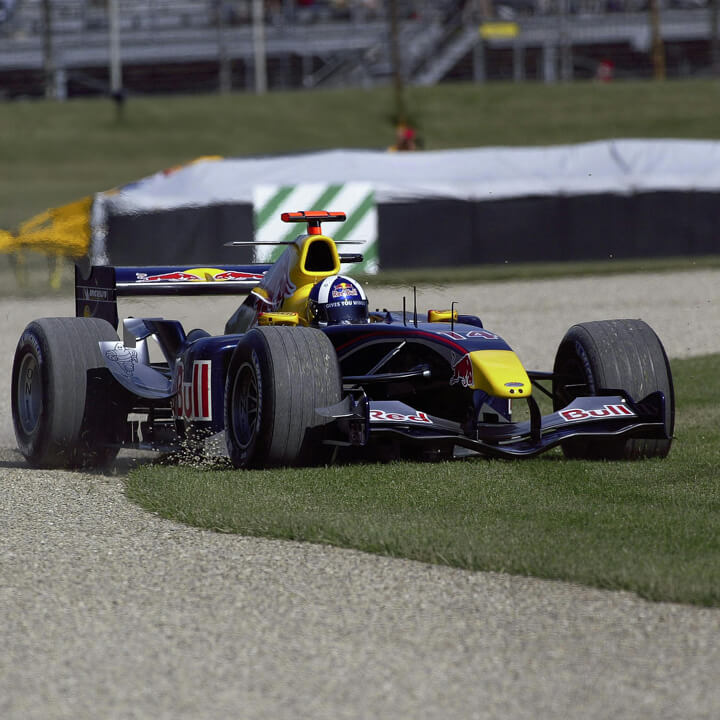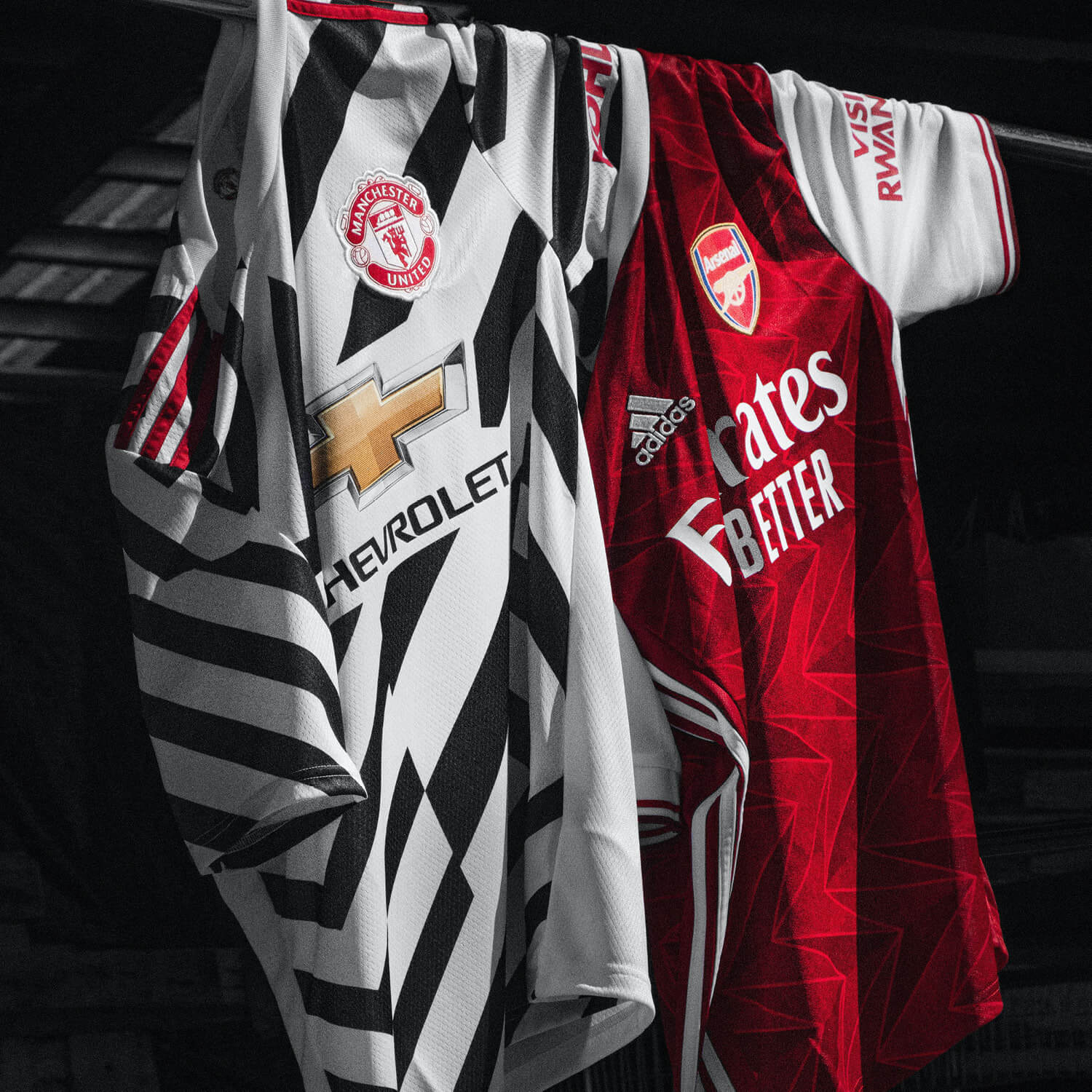Red Bull, Christian Horner, and the suspended employee: An employment lawyer's analysis
13th March 2024
Red Bull’s Christian Horner and the suspended employee – what is it and why is it of interest?
Red Bull’s team principal, Christian Horner, was recently accused of inappropriate/coercive behaviour towards a female colleague. He was cleared of any wrongdoing following an investigation by an independent, King’s Counsel barrister. The female colleague has now been suspended, reportedly on the grounds that her allegations were dishonest.
The press is understandably quick to jump when a story like this lands on its desk. Their business, of course, is predicated on clicks and engagement. But news becomes stale fast, and so Red Bull is no doubt feeling the pressure of calls for greater transparency, more updates and speed.
We consider handling high-profile investigations and disciplinary processes through the lens of the Red Bull investigation in this article.

Handling the allegations against Christian Horner
The media glare
- If information does leak into the public domain, the employer is in a difficult situation. The media will want to know everything. Any further leaks by the employer – e.g. to seek to control the narrative – risk breaching employment duties they owe to one or more of the employees involved, or could be used against them in any ensuing litigation.
- This is often why (much to the frustration of the press) we get “no comment”, “it’s confidential”, “I cannot say anything that could jeopardise the process”, and general, colourless remarks.
- If facts enter the public domain, media and fan reaction to the “story” inevitably becomes part of the decision-making process. The employer needs to remain as objective as possible; a swift investigation will often be desirable, as it will (depending on the outcome) usually kill the media interest. However, speed must not come at the cost of a thorough and fair process. That’s a recipe for employment claims in the future.
Handling rightsholders
- Like the media, sponsors and other commercial partners will want answers (and, most importantly, closure) – after all, they are paying significant sums of money to be associated with a brand attracting negative press. Unlike the media, it’s unlikely to be in the business’ interests to ignore them! Transparency with rightsholders (while preserving the confidentiality of the investigation), and ensuring they understand the process, is key.
Independence and impartiality
- Given Horner’s position of influence as team principal, difficulties around ensuring a fair and impartial investigation need to be considered – outsourcing it to an independent third party is a way to substantially reduce the risk of inferences of bias. Given the media interest, the ability to stand behind the impartiality of the investigation becomes all the more important from a commercial/reputational perspective.
Confidentiality
- Confidentiality is important in all disciplinary processes – the sharing of identities, specific allegations and documents should be on a strict need-to-know basis. This is heightened in cases with media interest, where allegations – particularly if they turn out to be unfounded or lack important context – could cause irreparable reputational damage to those involved. Accordingly, serious consideration needs to be given to the measures put in place to ensure confidentiality is preserved (and that leaks can be traced and actioned accordingly).
Red Bull’s decision to suspend the unnamed employee
The decision to suspend the female employee – reportedly on the basis that the employee’s allegations against Horner were dishonest – has received wide-ranging, predominantly negative commentary.
While suspension is not a disciplinary sanction, its impact is likely adverse to the suspended employee. Accordingly, careful consideration should be given to whether suspension is appropriate in the circumstances.
For most purposes, one of the following grounds should exist:
- Reasonable grounds to believe that the employee might seek to tamper with or destroy evidence, influence witnesses or sway an investigation; or
- a genuine risk to other employees, property, customers or other business interests if the employee remains in the workplace.
On the face of it, any allegation with an element of dishonesty could give rise to concerns about the employee continuing their work while the investigation is ongoing.
From a reputational perspective, optics on this sort of decision should be considered very carefully – it’s hard to imagine that the relevant decision-makers hadn’t already prepared themselves for media backlash to the decision, and its unhappy collision with Red Bull’s International Women’s Day activations.
How can we help?
Disciplinary investigations are fraught with challenges, and the consequences of making bad decisions – at any stage of the process – can be both legally and reputationally damaging.
These challenges are magnified when the process is being played out under the unforgiving eye of the media. Charlotte and Adam have extensive experience of navigating high-profile and complex disciplinary matters.







